Cancers, Free Full-Text
Por um escritor misterioso
Last updated 06 janeiro 2025
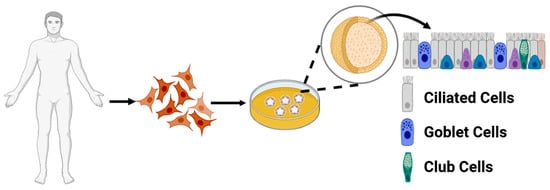
The field of cancer research is famous for its incremental steps in improving therapy. The consistent but slow rate of improvement is greatly due to its meticulous use of consistent cancer biology models. However, as we enter an era of increasingly personalized cancer care, including chemo and radiotherapy, our cancer models must be equally able to be applied to all individuals. Patient-derived organoid (PDO) and organ-in-chip (OIC) models based on the micro-physiological bioengineered platform have already been considered key components for preclinical and translational studies. Accounting for patient variability is one of the greatest challenges in the crossover from preclinical development to clinical trials and patient derived organoids may offer a steppingstone between the two. In this review, we highlight how incorporating PDO’s and OIC’s into the development of cancer therapy promises to increase the efficiency of our therapeutics.

PDF) Treatment outcome with low-dose-rate interstitial
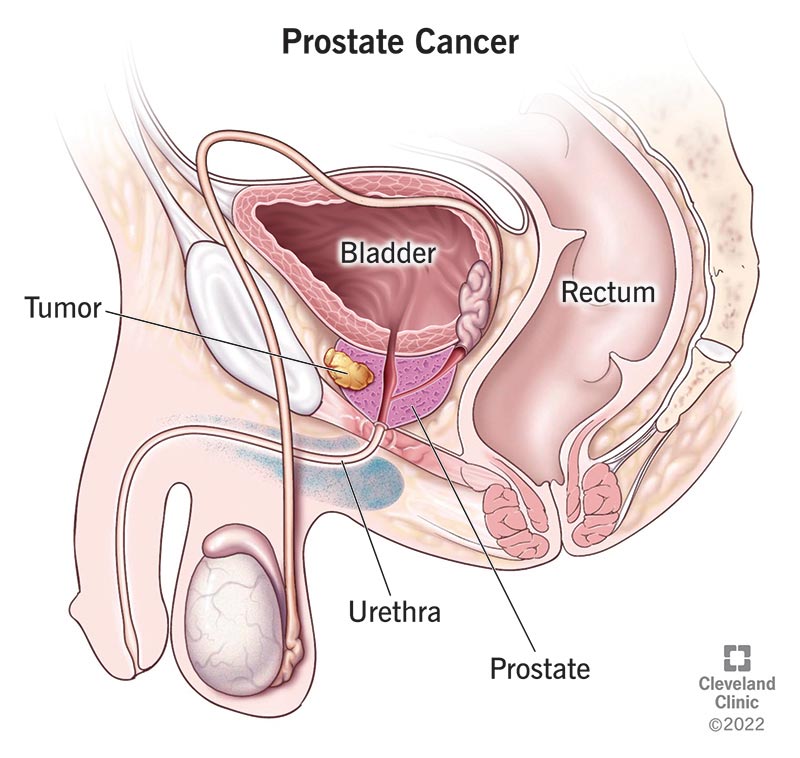
Prostate Cancer: Symptoms, Causes & Treatment

Cancer-Free with Food: A Step-by-Step by Werner Gray, Liana
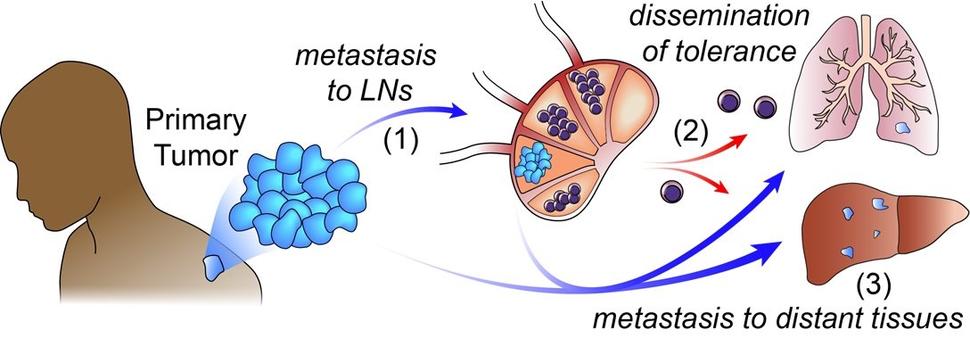
Cancer in Lymph Nodes May Help Tumors Metastasize - NCI

Cancer-Free, Third Edition by Bill Henderson - Audiobook
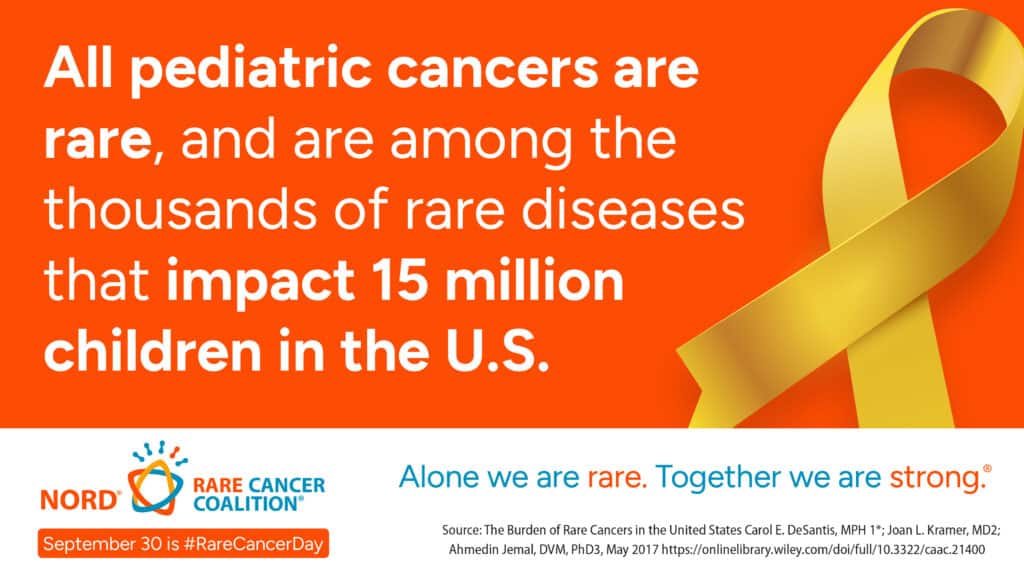
Rare Cancer Day - National Organization for Rare Disorders

Mortality from leading cancers in districts of England from 2002

ONE year and Cancer FREE!

Pancreatic Cancer Action Network – Research, Patient Support
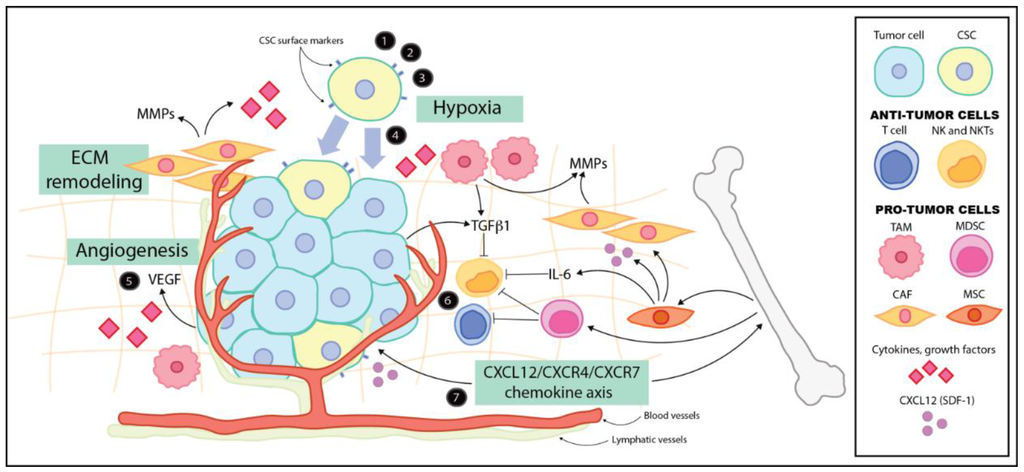
Cancers, Free Full-Text
Recomendado para você
-
 Club Aurora: Tabela, Estatísticas e Jogos - Bolívia06 janeiro 2025
Club Aurora: Tabela, Estatísticas e Jogos - Bolívia06 janeiro 2025 -
 # Resfriamento Crença : Deep Sleep Music Therapy & Relaxar Meditação Clube: Música Digital06 janeiro 2025
# Resfriamento Crença : Deep Sleep Music Therapy & Relaxar Meditação Clube: Música Digital06 janeiro 2025 -
 Ypiranga Futebol Clube (@ypirangafc) / X06 janeiro 2025
Ypiranga Futebol Clube (@ypirangafc) / X06 janeiro 2025 -
 vivo Y1s Specs and Price06 janeiro 2025
vivo Y1s Specs and Price06 janeiro 2025 -
 Auroras boreais vermelhas dão show nos céus da Europa e América; vídeo06 janeiro 2025
Auroras boreais vermelhas dão show nos céus da Europa e América; vídeo06 janeiro 2025 -
Winning Goal By KRL Vs Muslim Chaman - video Dailymotion06 janeiro 2025
-
 515a9bc8-bdfd-4042-b2b0-7812f9e5d213?imageThumbnail=2?imageThumbnail=306 janeiro 2025
515a9bc8-bdfd-4042-b2b0-7812f9e5d213?imageThumbnail=2?imageThumbnail=306 janeiro 2025 -
 Homepage - Minnesota Aurora FC06 janeiro 2025
Homepage - Minnesota Aurora FC06 janeiro 2025 -
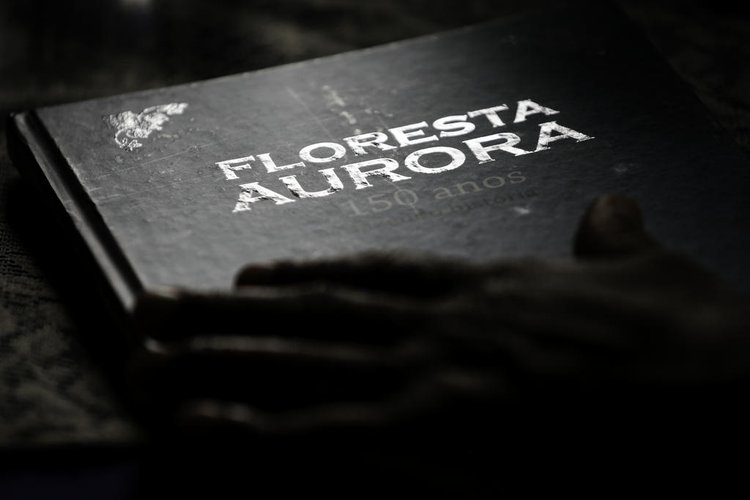 Clube negro mais antigo do país, Sociedade Floresta Aurora completa 150 anos de luta e história06 janeiro 2025
Clube negro mais antigo do país, Sociedade Floresta Aurora completa 150 anos de luta e história06 janeiro 2025 -
 AO VIVO: Gilmar Dal Pozzo é apresentado na Arena Condá - Rádio Chapecó FM06 janeiro 2025
AO VIVO: Gilmar Dal Pozzo é apresentado na Arena Condá - Rádio Chapecó FM06 janeiro 2025
você pode gostar
-
My Singing Monsters on X: This week's Monsterpiece comes from @RandomMaskedd Water Island Wubbox looks like it had a great weekend! Upload your fanart with #mysingingmonsters #monsterpiece for your chance to be06 janeiro 2025
-
 Tested: Crucial's New T700 Is the Fastest PCI Express 5.0 SSD Yet06 janeiro 2025
Tested: Crucial's New T700 Is the Fastest PCI Express 5.0 SSD Yet06 janeiro 2025 -
 30 Best Zombie Movies Of All Time For a Gory Watch06 janeiro 2025
30 Best Zombie Movies Of All Time For a Gory Watch06 janeiro 2025 -
 PÉSSIMO! Seleção Brasileira JOGA MUITO MAL e SÓ EMPATA com a06 janeiro 2025
PÉSSIMO! Seleção Brasileira JOGA MUITO MAL e SÓ EMPATA com a06 janeiro 2025 -
 1999 vs 2011 Phantom Troupe Designs06 janeiro 2025
1999 vs 2011 Phantom Troupe Designs06 janeiro 2025 -
 Uncharted 4 Nathan Drake Jacket06 janeiro 2025
Uncharted 4 Nathan Drake Jacket06 janeiro 2025 -
 Cross Check-in06 janeiro 2025
Cross Check-in06 janeiro 2025 -
 Faça o download do Subway Surfers Apk Dinheiro Infinito 2.34 0 latest v2.34.0 para Android06 janeiro 2025
Faça o download do Subway Surfers Apk Dinheiro Infinito 2.34 0 latest v2.34.0 para Android06 janeiro 2025 -
 Koku Drip, Roblox: All Star Tower Defense Wiki06 janeiro 2025
Koku Drip, Roblox: All Star Tower Defense Wiki06 janeiro 2025 -
 In Fossa Marianne come il padre nel'60 con batiscafo Trieste06 janeiro 2025
In Fossa Marianne come il padre nel'60 con batiscafo Trieste06 janeiro 2025
